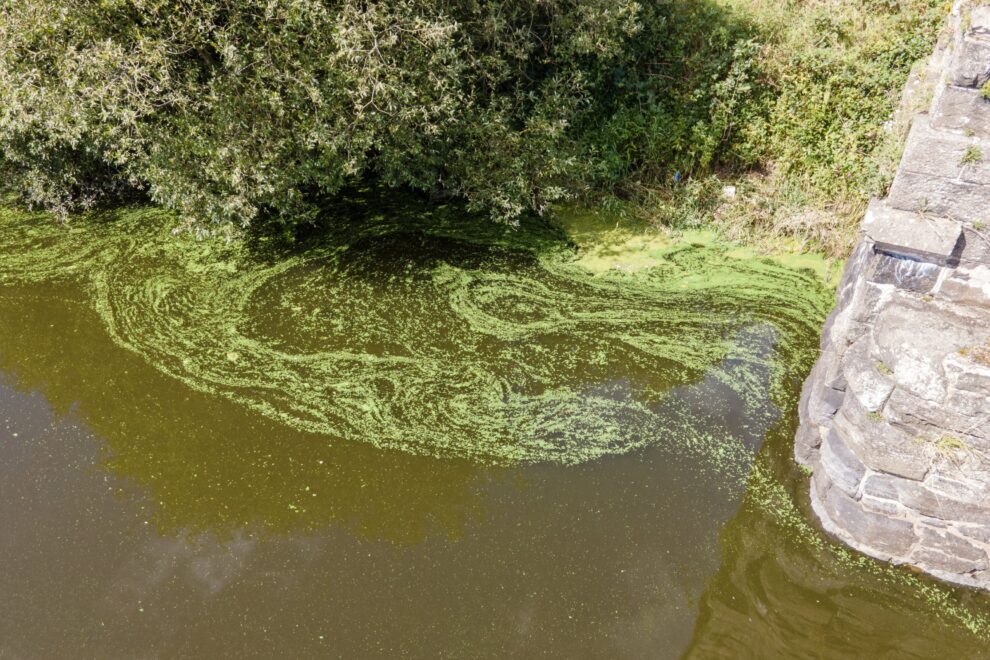Smelly, sludge-coloured water sloshes through concrete canals at Belfast’s main wastewater plant. The 25-year-old facility was already 40 per cent over capacity even before Northern Ireland’s finances went down the drain.
Now, with the region in political paralysis and officials trying to plug a £1bn hole in public finances, even after £1bn of cuts, Northern Ireland’s water and sewage services operator faces a shortfall of up to £70mn this year.
“If the funding isn’t available to the extent that it needs to be, then you get to a point where the system that customers rely on every day starts to get held hostage,” said Ronan Larkin, finance and regulation director at NI Water, the government-owned utility.
“No one has told us . . . which parts of our plan we would take away because there are no parts of our plan that are non-essential,” he added.
NI Water’s dilemma is familiar in a region whose creaking infrastructure, some of it a century or more old, is struggling to keep up with current demand after decades of underspending.
The problems have been exacerbated by the fallout from a bitter row over Brexit that has caused 20 months of political stasis and the collapse of the region’s Stormont executive.
The Democratic Unionist Party pulled its first minister out of the region’s power-sharing executive in February last year. The move was in protest at Brexit arrangements that the DUP said harmed Northern Ireland’s place in the UK and its ability to trade with Britain.

Last week, a drone captured an aerial view of a concentration of green algae at Toome Lock, Lough Neagh in County Antrim. The worst of the algae bloom has recently dissipated © Jonathan Porter/Press Eye/FT
The DUP has refused to return since elections in May 2022 won by the nationalist Sinn Féin party, preventing a new government from forming.
The lengthy period of caretaker government first led to overspends and now an austerity budget imposed by London on Belfast’s civil service, which is running the region in the absence of an executive.
Northern Ireland has had a stop-start executive since the 1998 Good Friday Agreement ended three decades of conflict, known as the Troubles. The region’s main nationalist and unionist communities each have a veto over the power-sharing executive at Stormont.
The lack of political stability has institutionalised short-term planning and a “reluctance to make unpopular choices financially”, said Ann Watt, director of Pivotal, a think-tank.
Half-an-hour’s drive from Belfast, the impact of political drift is evident. Green slicks and electric blue traces of toxic algae are still visible on Lough Neagh, the largest freshwater lake in the UK and Ireland, which for weeks was blanketed by the vivid green coating of cyanobacteria.
The lake supplies 40 per cent of Northern Ireland’s drinking water and a third of the sand for its construction industry. NI Water has said the water has remained safe to drink as it is treated.
Though the worst of the algae bloom recently dissipated, the underlying problems — notably fertiliser pollution from farming — remain.

Gerry Darby, manager of the Lough Neagh Partnership, which helps protect the lake and its surroundings, said the poisonous algae was likely to return and that the problems at the lake could take decades to fix.
He sees Lough Neagh as a cautionary tale about the need for a long-term vision in the region.
“The algae bloom is the physical manifestation of the lack of management,” he said. “It says . . . you do need government.”
Northern Ireland’s infrastructure pressures look set to increase with rising demand for utilities from a growing population, especially if the Windsor framework Brexit deal brings businesses flooding in to take advantage of the region’s access to both EU and UK markets.
But within the budget allocated by London, civil servants have had to impose swingeing cuts at a time of rising prices.
Larkin said NI Water needed between £180mn and £190mn in current spending this year and £370mn in capital spending, but initial indications are that it can expect about £170mn and £320mn respectively.
“The dynamics around the numbers are difficult,” he said. “But that doesn’t make the need go away.”
Source: Financial Times
















